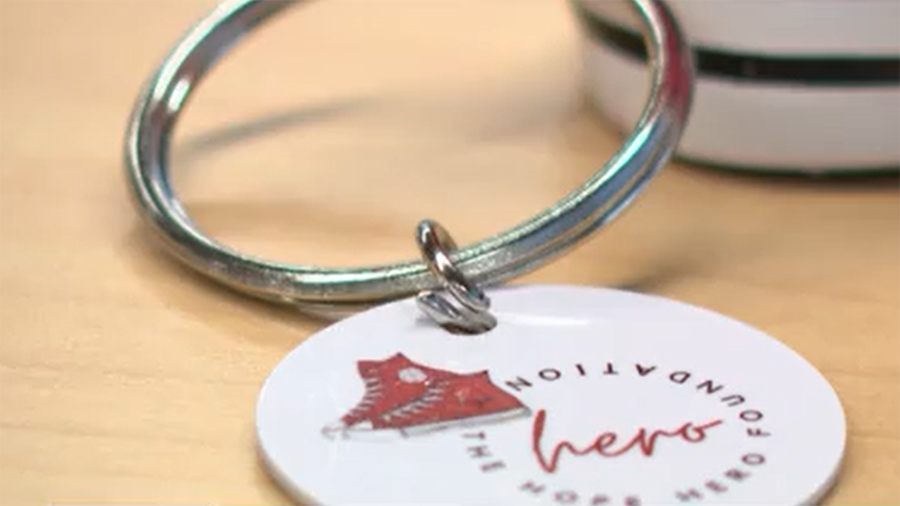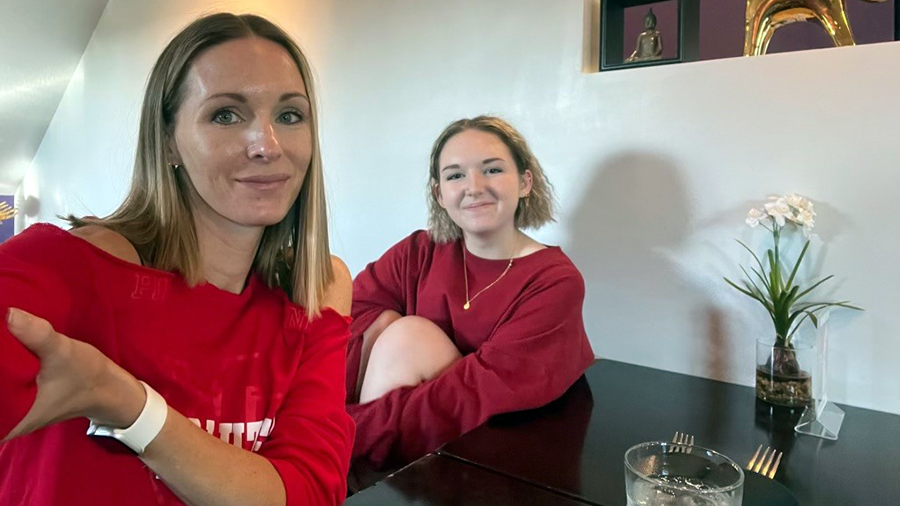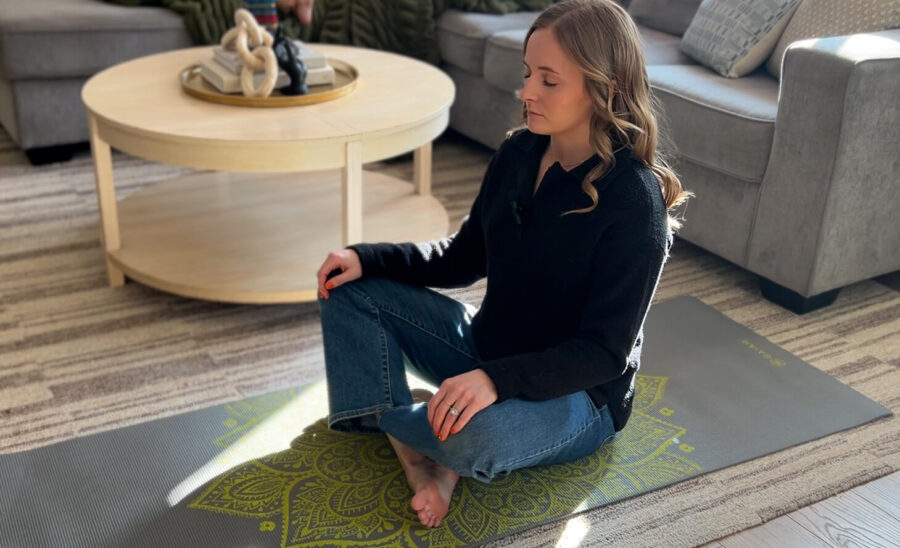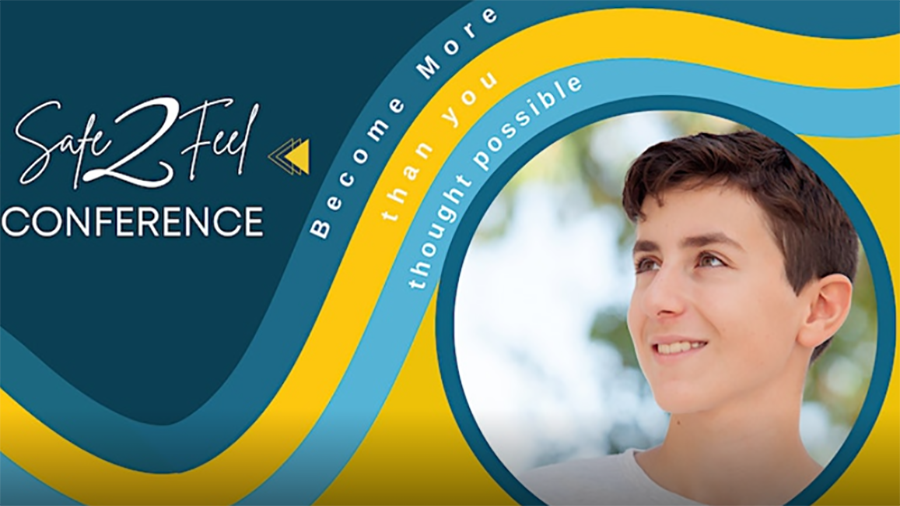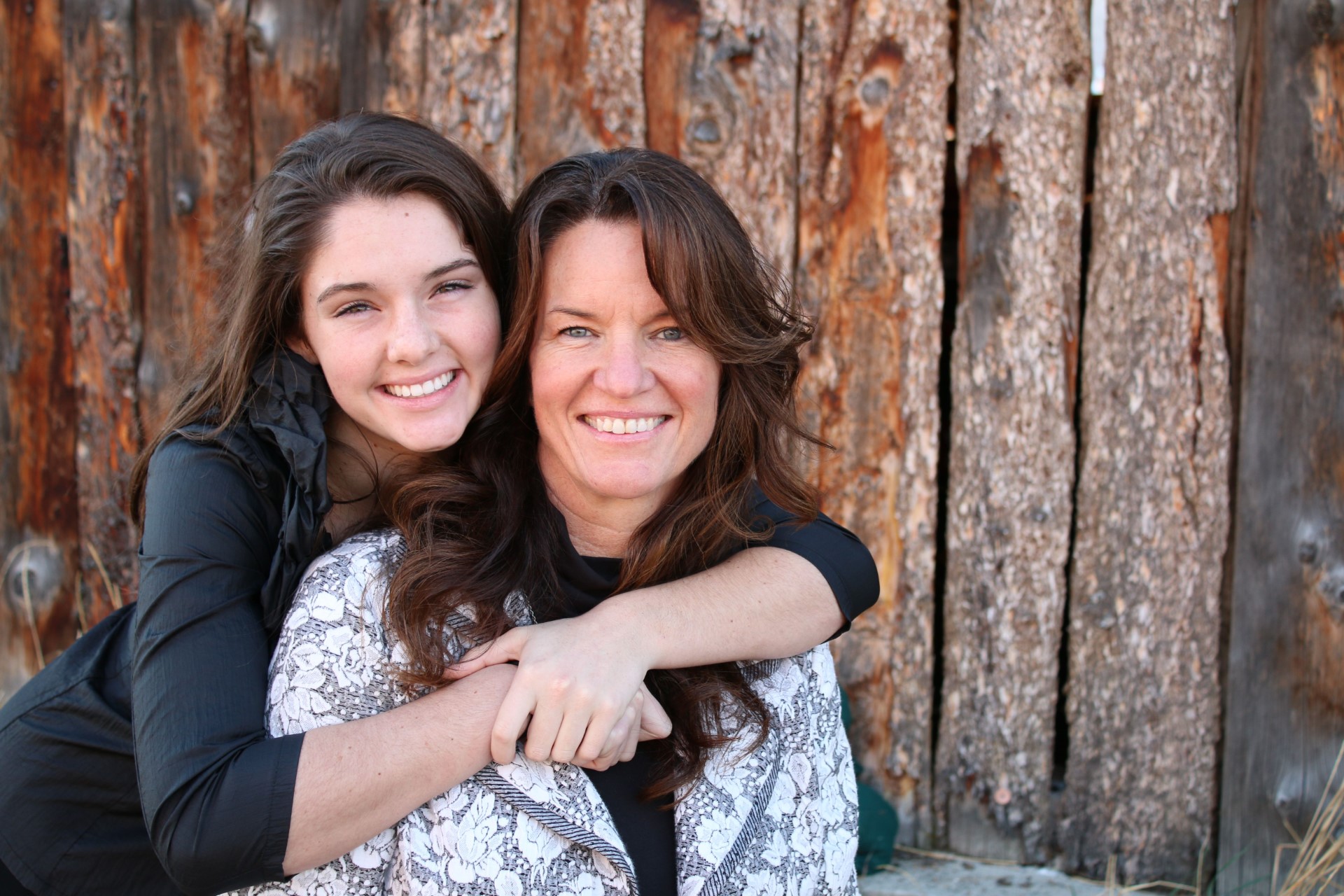Building ‘mental antibodies’: 6 ways to cope with pandemic fatigue
Jan 28, 2022, 8:30 PM | Updated: Jun 7, 2022, 3:34 pm
HERRIMAN, Utah — Feeling exhausted, frustrated, or hopeless? These are common feelings weighing Utahns down as omicron spikes, and the setbacks seem endless. A psychiatrist has suggestions on how to build up your mental antibodies.
“I’m personally exhausted,” said travel agent Natalee Fox, who lives in Herriman.
Fox is fed up with the pandemic.
“Every time we take a step forward and we’re starting to feel a little bit safe, then we take 20 steps back,” she said.
Clients are short-tempered, and COVID travel restrictions change weekly.
“I’m on the phone, three and four hours, just waiting to get through to somebody,” Fox said.
Laurieann Thorpe and her family have omicron after isolating for two years.
“(I’m) really fearful and hopeless, and incredibly discouraged,” said Thorpe, who lives in West Valley City.
Thorpe’s husband is high-risk after a liver transplant and a recent injury from a fall.
“A lot of times, I’m just really, really angry that people aren’t protecting us better,” Thorpe said.
Therapists say it’s feelings like these that over time deplete our biologic response to stress. That’s why it’s important to strengthen our mental antibodies. Experts say that starts with being aware of your emotions.
Observe how you’re feeling in a nonjudgmental way. Allow yourself to feel it without guilt or shame.
“If you’re not experiencing your feelings, you tend to act them out. It comes out sideways — so through our behaviors, attitudes, our physical health,” said Dr. Kristin Francis, a psychiatrist at the Huntsman Mental Health Institute.
Francis said it’s helpful to remember that complex emotions are normal.
“By experiencing them, it allows it to come to the forefront,” she said. “Then, we can start to accept those feelings, and then move towards actions.
“Whether you want them or not, your feelings are there. Let’s acknowledge them, accept them, process them and start doing things to help you feel better,” Francis added.
Recall what coping strategies have worked for you in the past. Reflecting on how we got through hard things before, and adopting those helpful tools can be useful in coping now.
Tell your COVID stories. By sharing your feelings with someone you trust, it fosters community and connection.
“We make deeper connections when we’re vulnerable,” Francis said. “When someone has opened up to us, for the most part, it enhances or deepens that relationship.”
Stay connected with those you love. Francis said it’s vital we find safe ways to still be together — whether it’s through Zoom, or masking up and visiting in small groups.
Thorpe said, “I try to really focus on COVID is the bad guy, not people making different choices than we wish they would.”
Keep moving. Exercise can be a great way to reduce stress.
Francis said, “If you’re feeling sad, try to be sad outside. Once you’re outside in the fresh air, the sunlight helps increase endorphins, natural chemicals that help us feel better. Endorphins are the body’s natural painkillers. They increase our overall sense of well-being and help reduce stress.”
It works for Fox.
“Even 15-20 minutes can help you reset and then come back and have a different point of view and just feel a little bit better,” she said.
Adopt healthy habits like meditating and disconnecting from social media. That helps cultivate hope and optimism.
Also, start making choices that honor your values.
If you’re feeling overwhelmed, seeking professional help is not a sign of weakness, Francis said, but can be a real strength. Ongoing depression or sadness often doesn’t resolve itself on its own. A therapist or counselor can offer practical ways to cope.
It takes effort, but it’s possible to build mental stamina to survive and thrive, Francis said.


